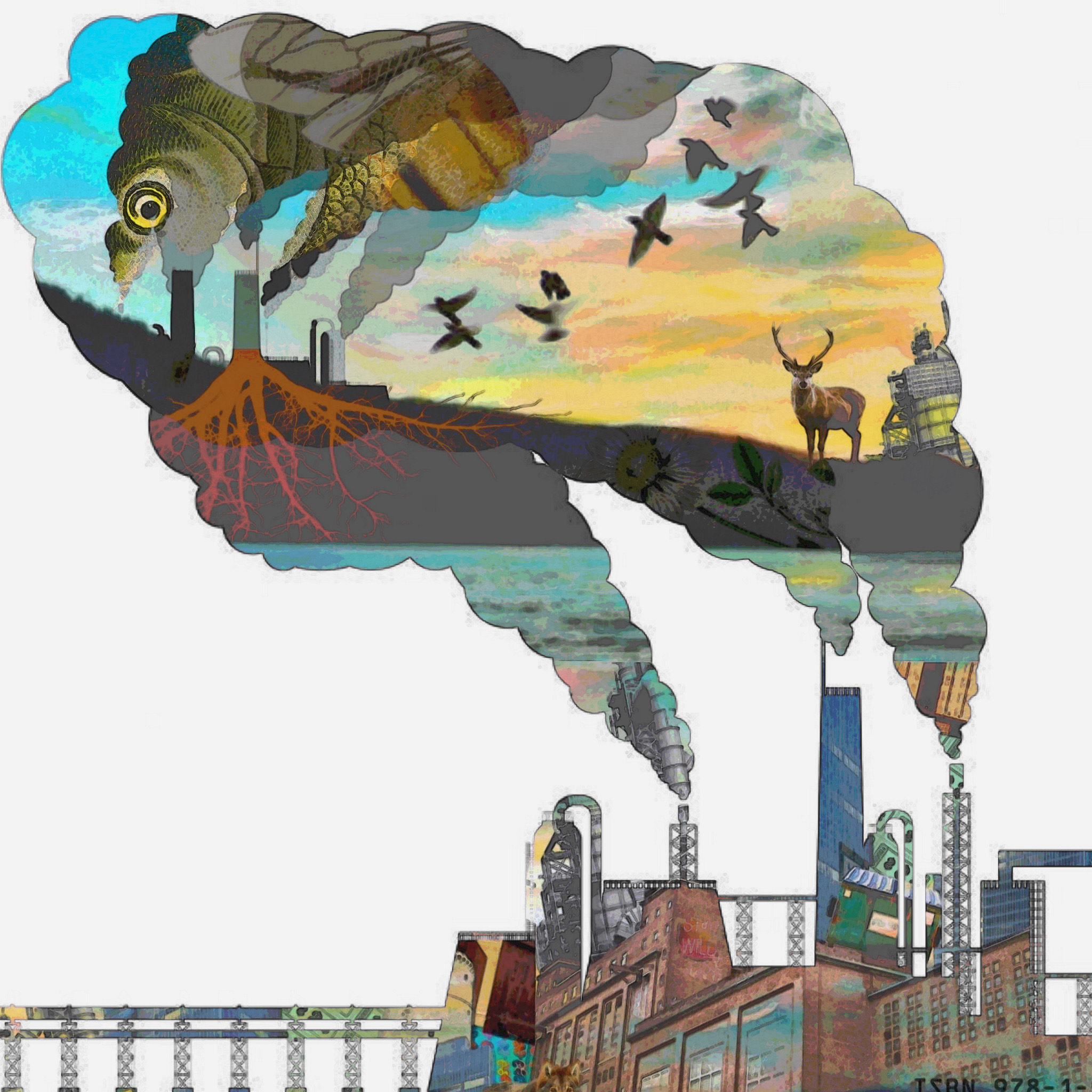Climate in Crisis
Activism, Apathy, and Responsibility: Social Responses to and Social Causes of the Current Climate Crisis
Abstract submission: https://humber.ca/tifa/call-proposals
Contact: tifa@humber.ca
Submission deadline: June 5, 2022
Conference date: September 23 and 24, 2022
Location: Due to uncertainties around travel due to the pandemic, this year’s conference will be virtual
Hosts: Faculty of Liberal Arts & Sciences, Humber College, & the Toronto International Festival of Authors (TIFA)
Keynote speaker: Nikki Sanchez
Nikki Sanchez (she/her) is a Pipil and Irish/Scottish academic, Indigenous media maker, and environmental educator. Nikki holds a master’s degree in Indigenous Governance and is completing a Ph.D. with a research focus on emerging visual media technology as it relates to Indigenous ontology. She is a board member of the Sierra Club BC, BC Women’s Hospital, Photographers Without Borders, and a doctoral fellow at the Center for Religion and Society at the University of Victoria. She helped to design and direct the first-ever Indigenous Storyteller edition with Telus STORYHIVE; a project to provide funding and mentorship for 30 emerging Indigenous filmmakers in BC and Alberta. Nikki is managing editor of Spirits of the Coast, the bestselling anthology of the Salish Sea Resident Orca, published by Royal BC Museum publisher. Nikki had the honor of working for the David Suzuki Foundation as their “Queen of Green” (queenofgreen.ca) where her work centered on environmental journalism, social media, and digital media creation to provide sustainable solutions for a healthy planet, as well as content creation to bring more racial and gender inclusivity into the environmental movement.
As an Indigenous media maker, Nikki’s most recent project is the 8-part documentary VICELAND series “RISE” which focused on global Indigenous resurgence. RISE debuted at Sundance in 2017 and received global critical acclaim, winning “best documentary” at the Canadian Screen Guild Awards. Nikki is a TEDx speaker, her presentation is entitled "Decolonization is for Everyone." She has been a wilderness guide and environmental educator in the Nuu-chah-nulth territory of Clayoquot Sound for over 10 years, where she was mentored by Nuu-chah-nulth elders Tsahsiits and Qaamina Sam.
She is the creator and director of Decolonize Together a collective of Indigenous women who offer decolonial and anti-racism workshops and curriculum creation. Decolonize Together has been teaching and facilitating decolonization and anti-oppression training for universities, school boards, corporations, and NGOs for the past five years. Nikki also writes about Indigenous, environmental, and social justice issues, her writing has been published in Last Real Indians, Loose Lips Magazine, Intercontinental Cry, and The Hundreds.
Call for proposals:
“The future doesn't exist. The only thing that exists is now and our memory of what happened in the past. But because we invented the idea of a future, we're the only animal that realized we can affect the future by what we do today.” - David Suzuki
In March 1912, an article in Popular Mechanics focused on the remarkable weather of 1911, citing extreme heat across North America and Europe and unprecedented melting of ice in the Arctic. The conclusion? Human-created climate change based largely on an over reliance on coal energy. More than a century later and fundamentally, little has change, with some scientists claiming that we’ve already entered into the sixth mass extinction.
Over the past century, globalization has led to an interconnectedness and an awareness of the shared effects of climate change, yet hesitancy and outright denialism surrounding climate change have slowed progress, but have also worked to diminish or distract from notions of social responsibility. Societal responsibility has been transferred away from the corporate or systemic to the individual, where action may be simpler, but impact is negligible. Additionally, despite a rise in awareness of environmental racism and the fact that the most impacted by climate change are those with the least control, frontline action has been left, in many places around the world, to Indigenous land defenders who face increasing violence from the state and ambivalence from the media.
This conference seeks to explore the social challenges faced by the climate crisis, the impacts of climate change denialism, environmental racism, representations of the climate crisis in media and the arts, individual vs. corporate responsibility, and the need for equitable solutions.
Themes:
- Activism and Advocacy
- Animal Welfare
- Art & Environmentalism
- Climate Change Education or Environmental Education
- Carbon Footprints
- Clean Energy
- Climate Concern
- Consumerism
- Corporate vs Individual
- Culture and the Environment
- Doomsday Clock- the Anxiety of Climate Change
- Economics of the Environment
- Environmental Architecture
- Environmental Disasters
- Environmental Law
- Environmental Philosophy
- Environmental Racism
- Epidemics and the Environment
- Film and Environmentalism/Climate Change
- Gender & Environment
- Globalization
- Government Policy
- Green Spaces & Parks
- Health and Medicine
- History of the Climate Crisis
- History of Fossil Fuels
- Human Rights
- Indigenous ways of Knowing, Being, and Doing
- Innovations in Climate Change Science
- International Treaties Past, Present, & Future
- Intersectional Environmentalism
- Journalism and Social Media: How We See and Shape the Climate Crisis
- Land Defense/Land Defenders
- Literature and Theatre of Environmentalism, Climate Change, Science Fiction, Dystopian Futures
- Oceans
- Pollution
- Poverty or States of Inequity
- Public Opinion and Influence
- Race & Environment
- Resistance to Climate Change
- Role of Social Sciences in Climate Change
- Social Justice
- Social Responsibility
- Sustainability
- Urban Environments
- Water
Our conference committee welcomes individual presentation proposals of 300 words, and panel proposals (three people max) of 900 words, based on any of the above themes. This will be the eighth annual Humber@TIFA interdisciplinary conference held by Humber College’s Faculty of Liberal Arts & Sciences and Innovative Learning in association with the Toronto International Festival of Authors (TIFA), one of the most celebrated literary festivals in the world. TIFA is located at the Harbourfront Centre, one of downtown Toronto’s major cultural and artistic venues.
Submit your proposal online by June 5, 2022: https://humber.ca/tifa/call-proposals

